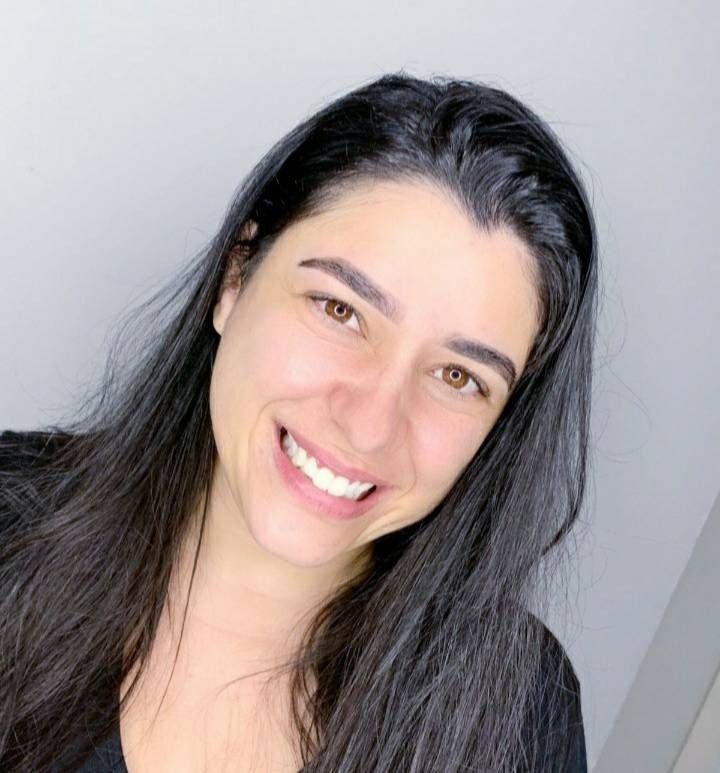
Carla Grião da Silva Bernardino
Carla Grião da Silva Bernardino holds a Master's degree in Philosophy from the Program of Brazilian Cultures and Identities and is currently a PhD candidate in Sociomuseology with the project financed by UNESCO Chair “Education, Citizenship and Cultural Diversity”: “Toward an Accessibility that Reflects Symbolic Values: Experiences from the Akãm Orãm Krenak Indigenous Museum of the Vanuíre Indian Land”. She is a member of the ReLeCo Memory, Citizenship and Sociomuseology.
Advisor: Camila Azevedo de Moraes Wichers
Áreas de interesse académico e científico Areas of academic and scientific interest
- Sociomuseology
- Accessibility and Inclusion
- Indigenous Accessibility
- Cultural Accessibility
Abstract
This research proposes to intersect the concepts of Accessibility, Sociomuseology, and Decoloniality. As a methodology, we adopted a literature review, technical visits to museums of different typologies, cultural centers, exhibitions, and field research within the Indigenous Land Índia Vanuíre, where the Akãm Orãm Krenak Museum is located, in the city of Arco-Íris, São Paulo, Brazil. We consider this a privileged space for analysis, given the presence and involvement of Indigenous individuals with and without disabilities directly in the museum's activities. From this space, our objective is to identify possibilities for proposing accessibility that takes into account cosmoperceptions other than those of Western modern society.
We start from the assumption that there is not only one way to make museums and cultural spaces accessible, with the possibility of solutions that articulate different cultural values, as well as ethical values and different ways of relating to the world. This proposal aims to challenge the current understanding of accessibility, specifically the translation of one sense (e.g., vision) to another (e.g., touch). Initially, we propose the following chapter division: Chapter 1: We will present the state of the art of the concepts of accessibility, sociomuseology, and decoloniality, addressing the contributions of key authors on these subjects. Chapter 2: We will focus on the analysis of Indigenous museums and normative museums and cultural spaces dealing with Indigenous themes. We aim to develop criteria for the selection of Brazilian museums, analyzing how the exhibition design addresses the theme, planning visits, and conducting interviews with the teams involved in museum processes. Chapter 3: We will present the trajectory of the Krenak people in the western São Paulo region, highlighting their social layers and markers on Indigenous land. From the Akãm Orãm Krenak Museum, we will highlight locally developed actions, as well as the participation and relations of the Indigenous land with the cities in the region. Chapter 4: Finally, we will present our understanding of accessibility within an ethnic proposal that translates symbolic values.
The idea is to propose possibilities that can support changes in normative museums, academia, and public policies. We emphasize the need for an approach that integrates mind and body, contrasting with fragmented Western practices, and the recognition of the dimension of corporeality and the body-perception-memory relationship in museological practices.



